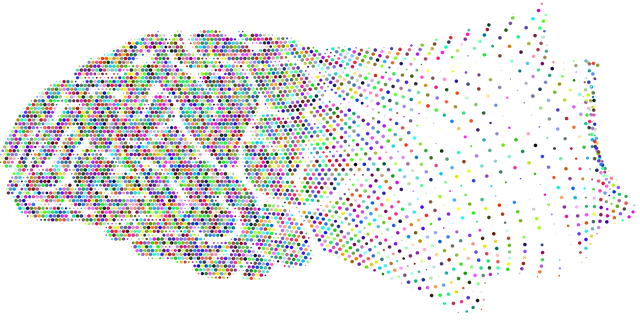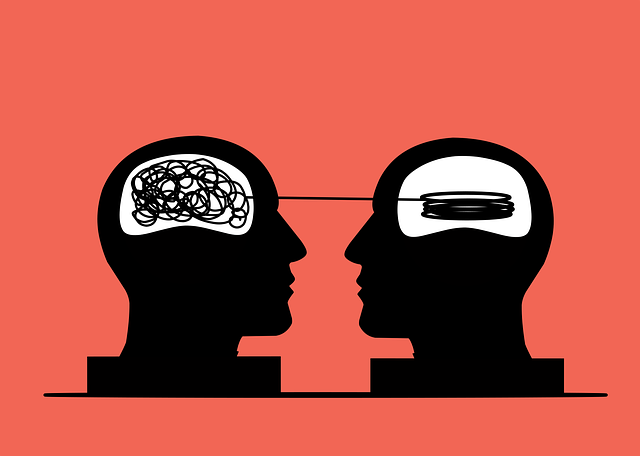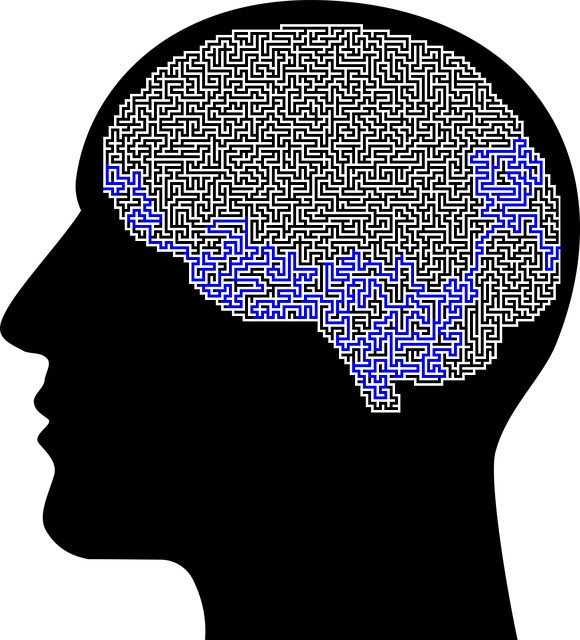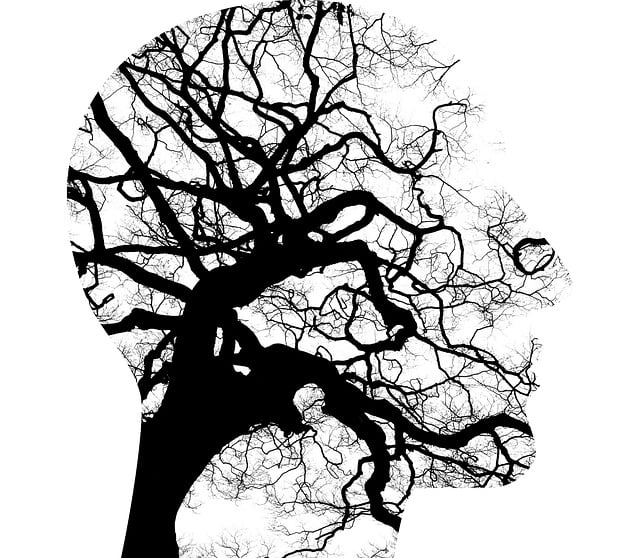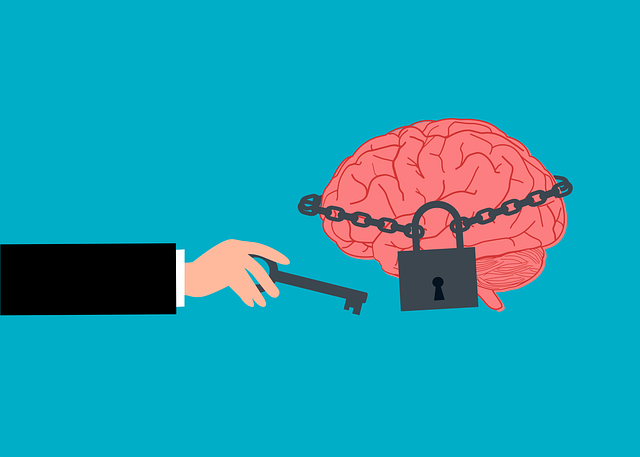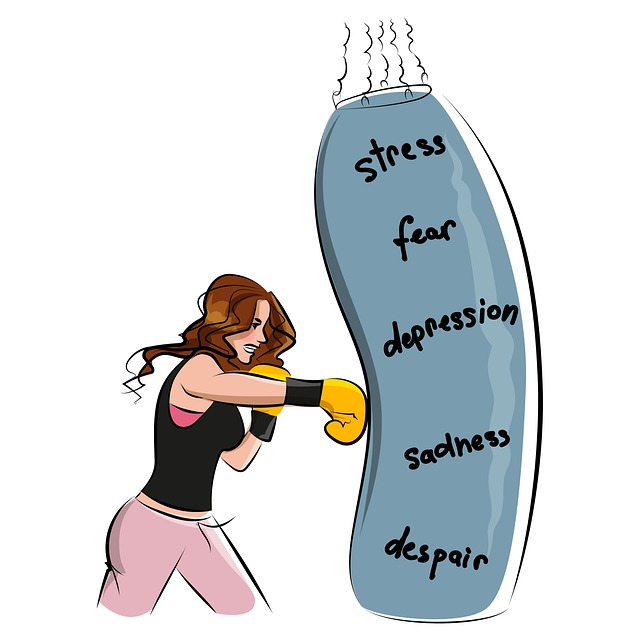Louisville ADD-ADHD Evaluations and Therapy offer comprehensive mental wellness solutions, leveraging trained professionals, diverse evaluation methods, and evidence-based practices. By addressing attention issues, hyperactivity, and impulsivity, these evaluations enable personalized therapy and support for depression prevention and trauma recovery. Skilled therapists provide safe spaces for emotional exploration, fostering resilience and self-awareness through holistic healing approaches. Evaluation tools, including structured questionnaires and risk assessments, track progress over time, ensuring refined treatment plans. Beyond symptom measurement, the focus is on daily functioning and quality of life improvements, with a commitment to continuous therapy program enhancement in Louisville ADD-ADHD Evaluations Therapy.
“Explore the transformative power of mental wellness programs through effective evaluation methods, particularly focusing on Louisville’s renowned ADD-ADHD evaluations. This comprehensive guide delves into the intricate process of assessing and improving therapeutic outcomes. From understanding the core components of therapy to implementing best practices, we uncover the tools and techniques shaping successful mental health interventions. Discover how Louisville’s approach enhances diagnostic accuracy and treatment plans, empowering individuals to navigate their mental wellness journeys with confidence.”
- Understanding Louisville ADD-ADHD Evaluations: A Comprehensive Guide
- The Role of Therapy in Mental Wellness Programs
- Evaluation Methods: Tools and Techniques for Measuring Progress
- Assessing the Effectiveness of Mental Health Interventions
- Best Practices for Continuous Improvement in Therapy Programs
Understanding Louisville ADD-ADHD Evaluations: A Comprehensive Guide

Louisville ADD-ADHD Evaluations offer a comprehensive guide to understanding and managing Attention Deficit Disorder (ADD) and Attention Deficit Hyperactivity Disorder (ADHD). These evaluations are crucial tools for individuals seeking therapy and mental health awareness, ensuring tailored support for their unique needs. The process involves an in-depth assessment conducted by trained professionals who employ various methods to diagnose and develop effective treatment plans.
By delving into these evaluations, folks can uncover the complexities of ADD-ADHD, which often manifest as challenges in attention, hyperactivity, impulsivity, or a combination thereof. This understanding is pivotal for navigating the labyrinthine symptoms and fostering strategies for depression prevention and trauma support services. Louisville’s specialized therapy centers utilize evidence-based practices to revolutionize mental wellness, offering hope and practical solutions for those struggling with these conditions.
The Role of Therapy in Mental Wellness Programs

Therapy plays a pivotal role in mental wellness programs, serving as a cornerstone for holistic healing and personal growth. Through various therapeutic modalities, individuals participating in Louisville ADD-ADHD evaluations and beyond can explore and process their emotions, thoughts, and behaviors. Skilled therapists provide a safe, non-judgmental space, fostering open communication to address underlying issues contributing to mental health challenges. This individualized approach empowers clients with coping strategies, resilience, and self-awareness, enabling them to navigate life’s complexities more effectively.
In the context of Mental Health Policy Analysis and Advocacy and Mental Illness Stigma Reduction Efforts, therapy within these programs contributes to broader societal changes. By offering evidence-based treatments and fostering understanding, therapists help dispel myths surrounding mental illness, encouraging early intervention and support. The Mental Wellness Journaling Exercise Guidance can also be facilitated through therapy, allowing individuals to track their progress, identify triggers, and celebrate achievements, ultimately enhancing their overall well-being.
Evaluation Methods: Tools and Techniques for Measuring Progress

Evaluating the progress and effectiveness of mental wellness programs is paramount to ensuring their success and adaptability. In the context of Louisville ADD-ADHD evaluations and therapy, a comprehensive approach involves employing diverse tools and techniques. These methods range from structured questionnaires and interviews to observational assessments and self-reported measures.
For instance, mental health professionals in Louisville often leverage standardized assessment tools tailored for attention-deficit/hyperactivity disorder (ADD/ADHD). These instruments quantitatively gauge improvements in symptoms, behavioral patterns, and functional abilities over time. Additionally, risk assessment plays a crucial role, particularly when addressing co-occurring disorders or trauma support services. By integrating these evaluation methods, mental health professionals can holistically measure progress, refine treatment plans, and promote positive outcomes for individuals seeking therapy.
Assessing the Effectiveness of Mental Health Interventions

Evaluating the effectiveness of mental health interventions is a multifaceted process that goes beyond simply measuring symptoms. It involves assessing improvements in daily functioning, quality of life, and overall well-being. In Louisville, ADD-ADHD evaluations and therapy play a crucial role in this evaluation by pinpointing specific areas where individuals may struggle, such as focus, organization, and impulse control. These assessments provide valuable data that helps tailor interventions to meet individual needs.
Through systematic monitoring of progress, therapists can identify what’s working and what needs adjustment. This iterative process ensures that mental wellness programs are not just reactive but proactive in managing stress, boosting confidence, and fostering sustainable improvements. By integrating evidence-based practices and continuous evaluation, Louisville mental health professionals contribute to the overall effectiveness and success of interventions aimed at enhancing mental wellness.
Best Practices for Continuous Improvement in Therapy Programs

In the dynamic field of mental wellness, continuous improvement is paramount to ensuring effective therapy programs. Best practices for enhancing Louisville ADD-ADHD Evaluations Therapy involve a multifaceted approach. Firstly, integrating regular client feedback mechanisms allows for tailored adjustments, fostering a more personalized experience. Secondly, implementing robust risk management planning for mental health professionals is essential, creating a safe and supportive environment. Additionally, promoting empathy building strategies among therapists strengthens the therapeutic bond, encouraging open communication.
Empowering clients through inner strength development is another key strategy. By teaching coping mechanisms and resilience-building techniques, therapy programs can equip individuals with lifelong tools to navigate mental health challenges. This holistic approach not only enhances the efficacy of treatment but also fosters long-term well-being, reflecting a commitment to excellence in Louisville ADD-ADHD Evaluations Therapy.
Louisville ADD-ADHD evaluations, therapy sessions, and continuous improvement strategies are integral components of mental wellness programs. By employing comprehensive guides, evidence-based techniques, and best practices, professionals can effectively assess and enhance the well-being of individuals. Understanding these evaluation methods allows for tailored interventions, ensuring that each person receives the support they need to navigate their unique challenges. Through a combination of therapy and structured assessments, Louisville residents can access powerful tools for personal growth and improved mental health outcomes.


